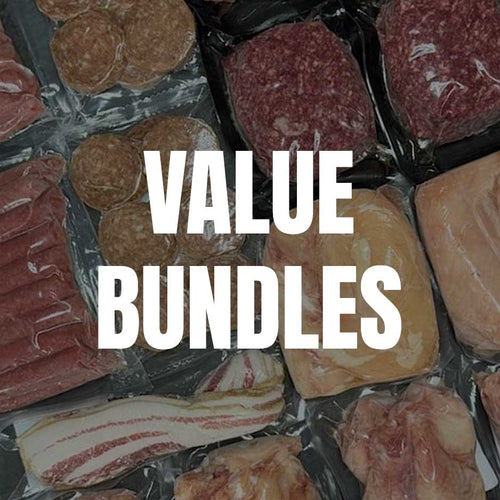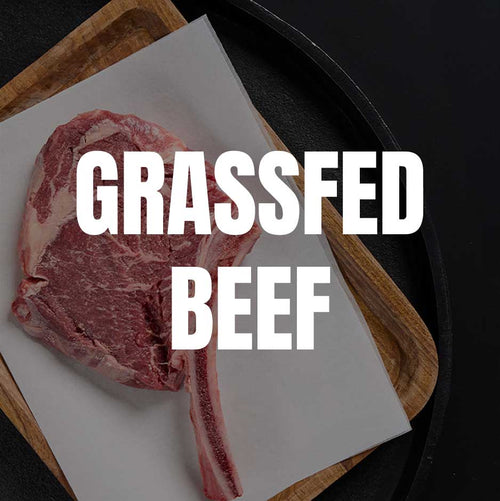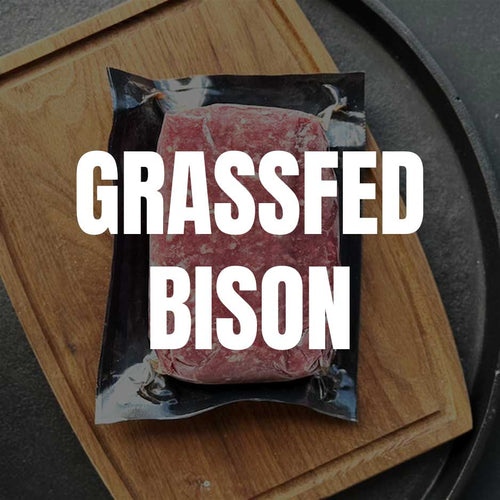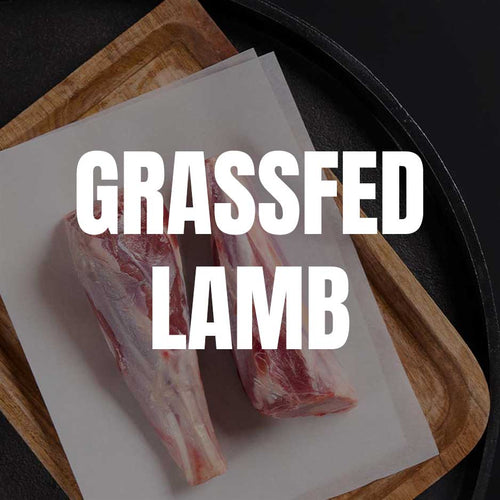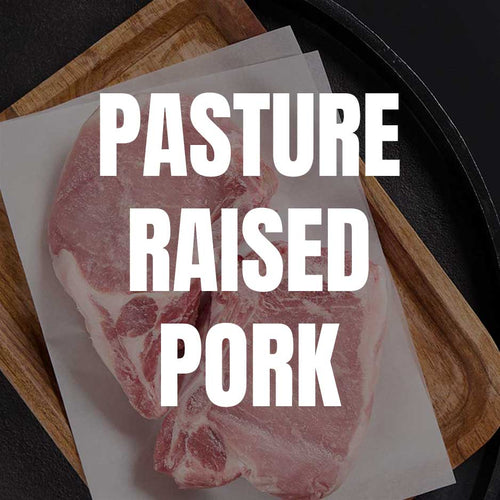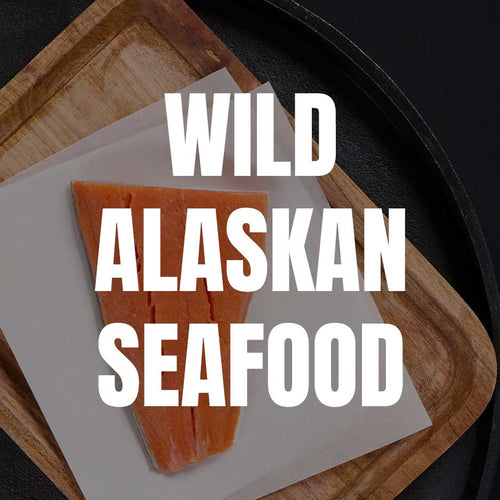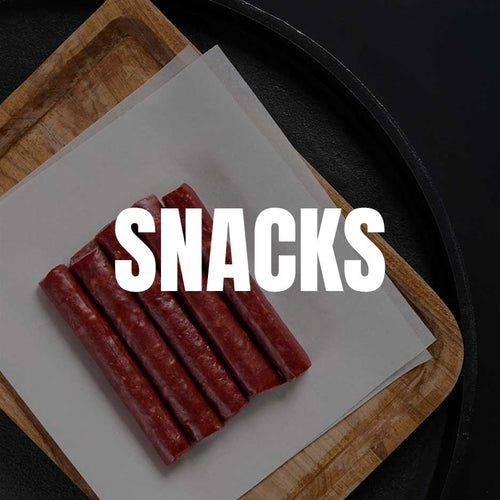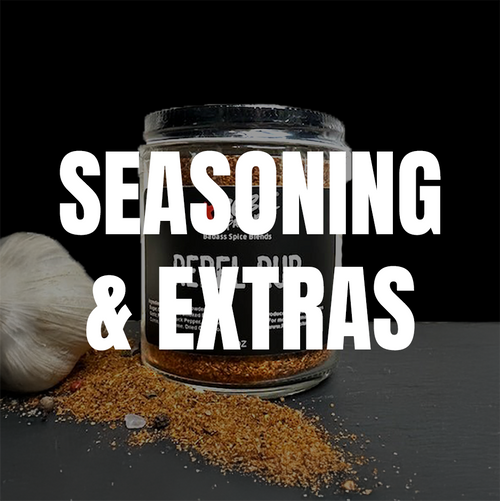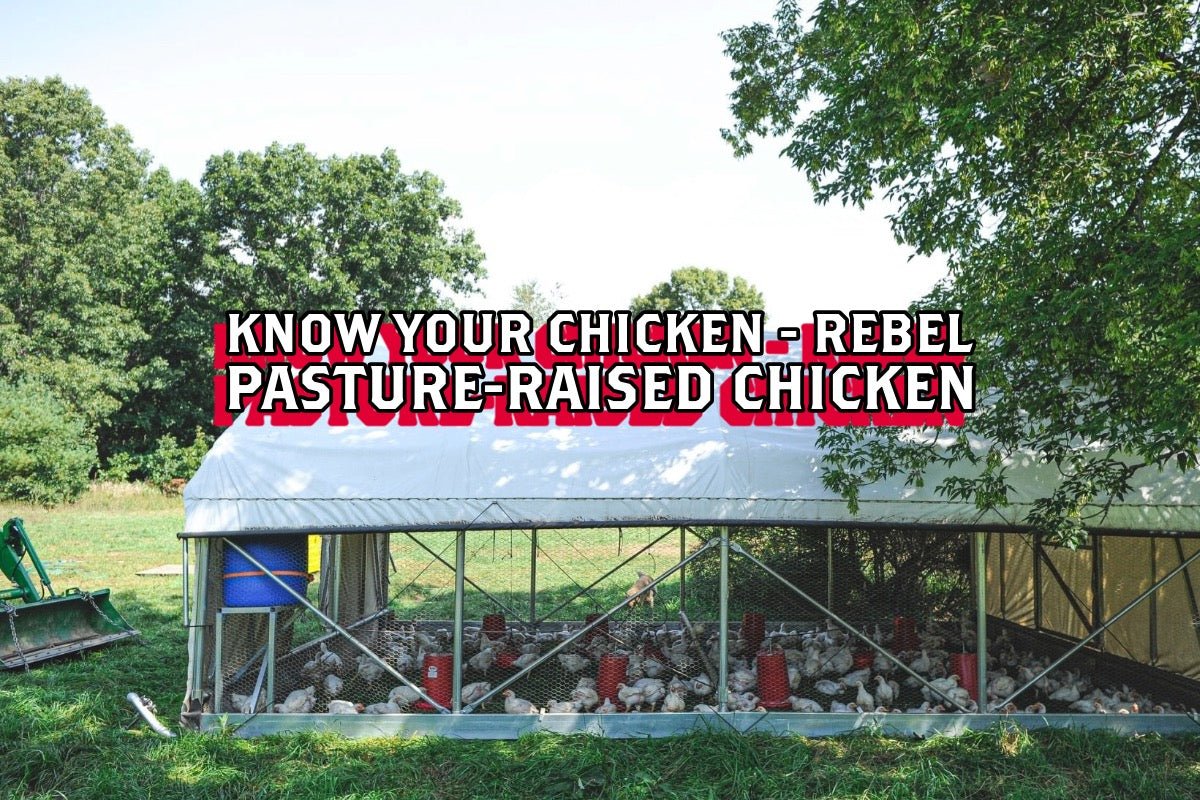
· By Jenni Bajema
Know Your Chicken - Rebel Pasture-Raised Chicken
Meat Chickens have been vital to the growth of our pastures. They fertilize with their manure, help to control pests, and mow down the grass.
The Breed
Meat chickens are also called "broilers". There are a mulititude of breeds to choose from. Ultimately it comes down to choosing a breed that fits best in your system, climate, pricepoint and timeline. We raise the cornish cross because we have found them to be hardy (when raised on pasture, not barns), easy to source, great at foraging bugs and grass, grow quickly and have tender breast meat.
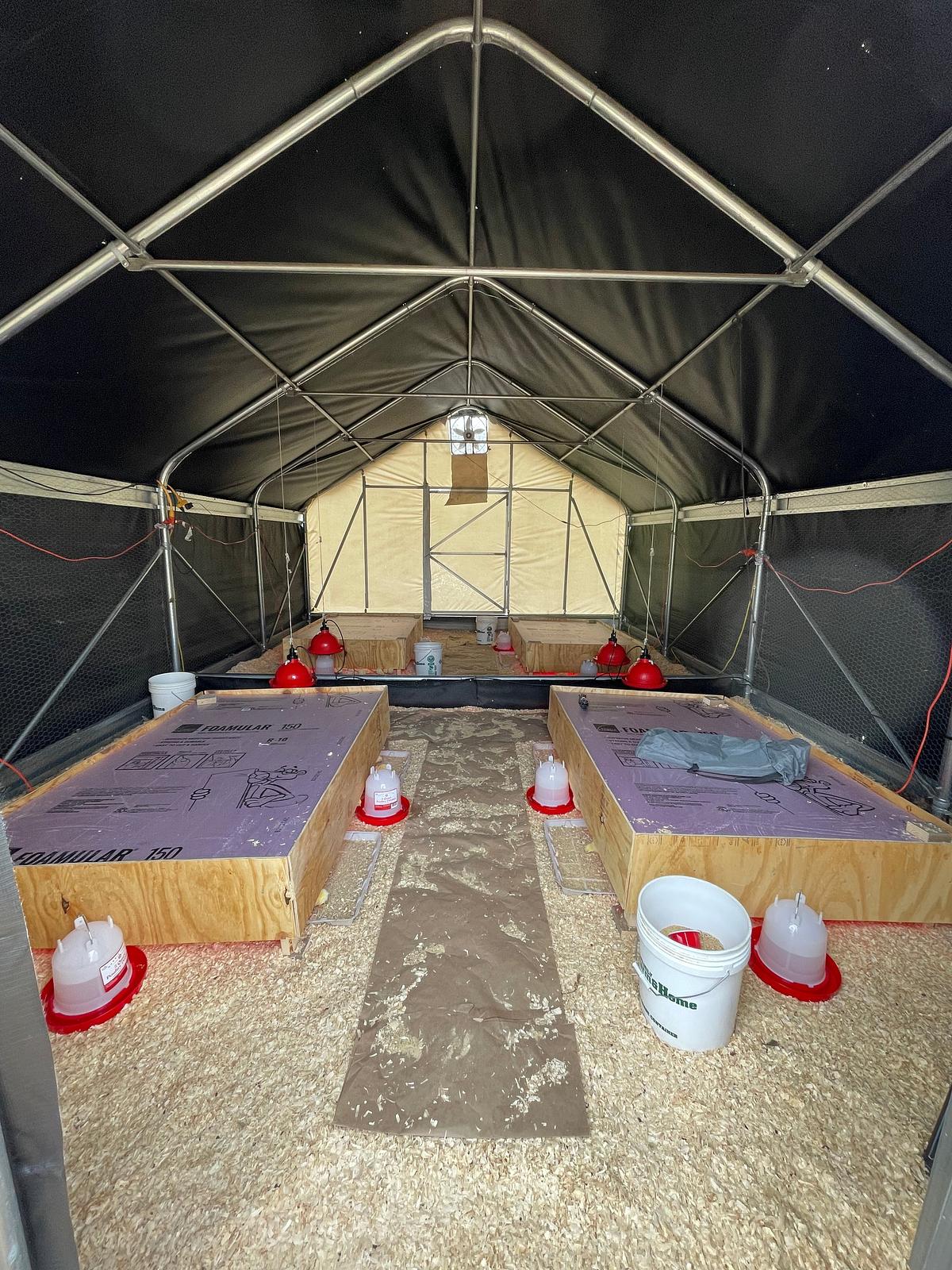
The First Two Weeks
We recieve our chicks from a hatchery when they are less than 24 hours old. They begin in a "brooder" where they are protected and provided heat. Daily we refresh their bedding, food and water. Although the brooder is stationary, we brood directly on fresh ground and can fully open the sides when weather permits. We are meticulous with their care at this stage. If the chicks go without heat, food or water for more than a couple hours, they will never reach their full potential (if they even survive).
On Pasture
When the chicks are between two and three weeks old, we move them to pasture. We use the type of structure above called a "schooner". At this age, they are now able to withstand changing temperatures and know how to find food and water for themselves. Every morning we hook up the tractor and pull them to fresh pasture. The chickens are quickly learn that this movement brings them a fresh supply of bugs and soft grass to rest in...and they love it! We continue this movement until the chickens reach 7 weeks old.
Chicken Catching Day
Chicken catching day always seems to fall on the hottest day of the month! This is fun, busy, dirty day on the farm. Our hardest working volunteers come out to help us catch 1200 chickens at a time. We train them on how to catch, carry and load chickens into crates while keeping stress levels as low as possible. This part of the process is hard and exhausting, but with their help, it goes smoothly. From there, the chickens are loaded onto a trailer and make the trip to the processor.
And that is how our chicken ultimately ends up on your plate!
The way we raise the birds is not easy. It's nowhere near the effiency of Big Chicken with 30,000-50,000 birds stuffed into a barn. Because we farm with nature, we have to work around rain, drought, temperature changes, plant growth, and terrain. We have to work around hatchery, processing and climate schedules to fit in our batches of chickens. The result? It has taught us how to be flexible, forgiving and resilient. AND PEOPLE- THE CHICKEN TASTES SO MUCH BETTER. It's moist, flavorful and nutrient rich. The more you support a system like this, the healthier we all become.



